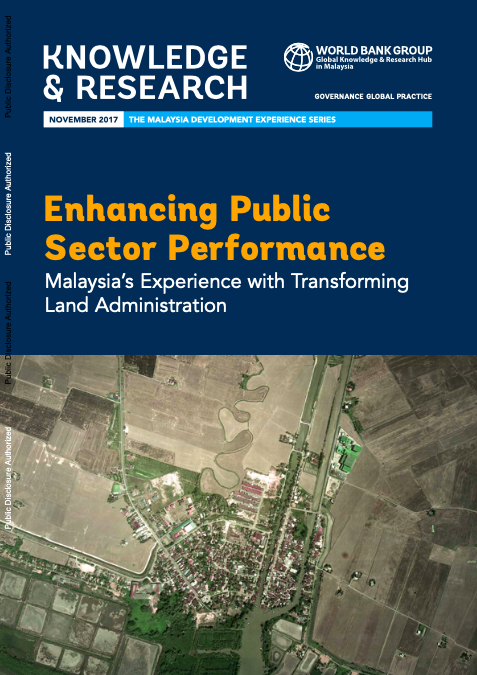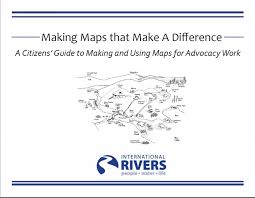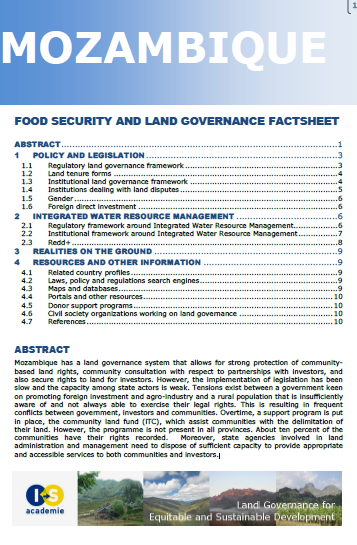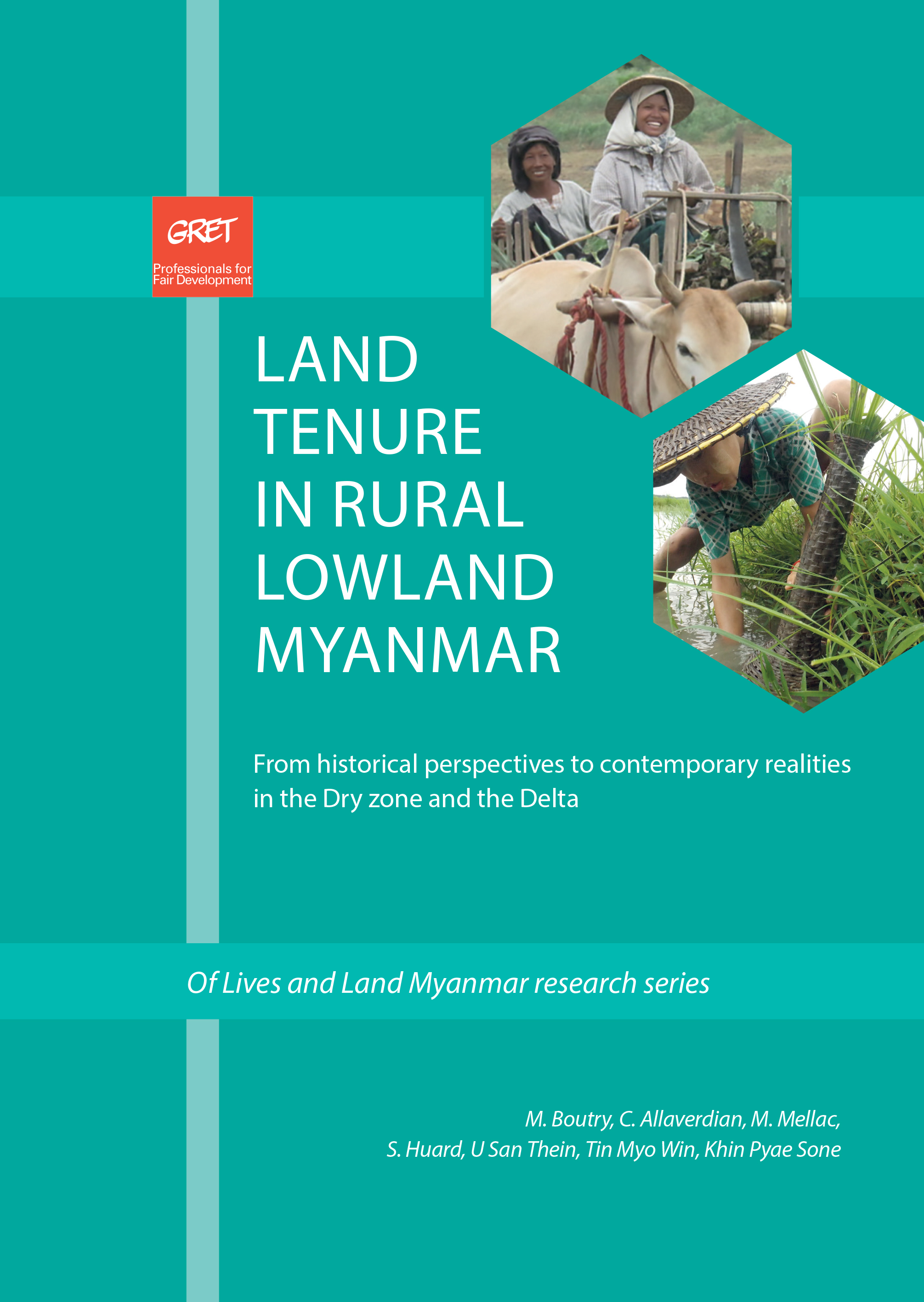Addressing and mainstreaming land governance in the African peer review mechanism
The African Peer Review Mechanism (APRM) is a mutually agreed instrument established in 2003 by the African Union in the framework of the implementation of the New Partnership for Africa’s Development (NEPAD). The objective of the APRM is to foster the adoption of policies, standards and practices that lead to political stability, high economic growth, sustainable development and accelerated regional and continental integration. The thematic intervention areas of the APRM are democracy and political governance; economic governance; cooperate governance, and; socioeconomic governance.







